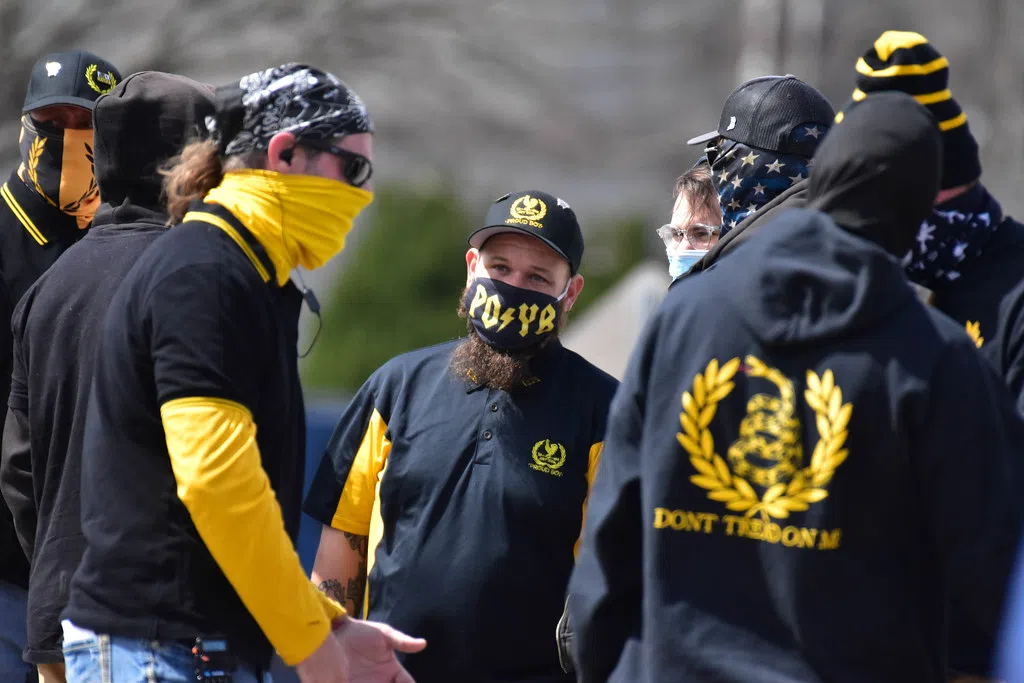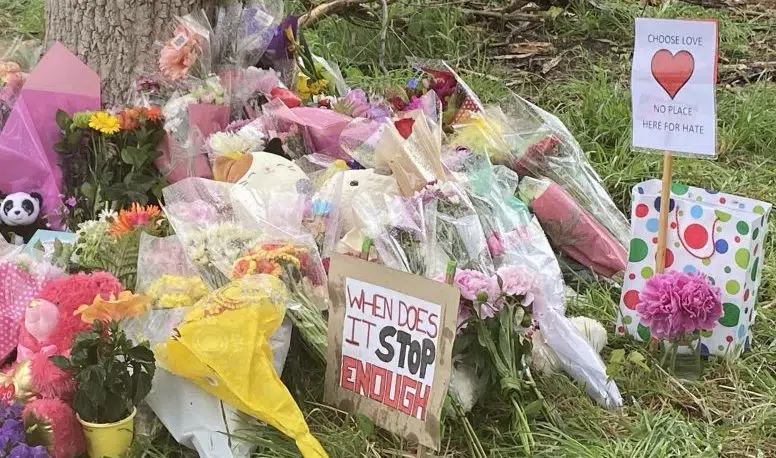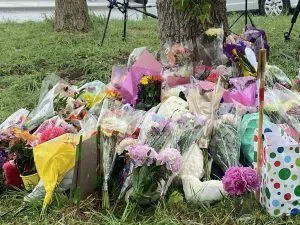On June 6, London will mark the anniversary of the horrific murder of the Azfaal family.
They were killed in a terrorist attack that left only one survivor among the five targeted—a 9-year-old child—by a man who intentionally drove his truck into them.
Just a few years earlier, a mass shooter killed six worshippers at the Islamic Cultural Center of Quebec City in a Muslim hate fueled rampage.
A recent report presented to the London Police Service Board shows a dramatic increase in the reporting of hate crimes in the city. From 2020 to 2021, reports rose from 93 to 146 different incidents.
Jody Tomchisen, who studied political conservatism as a psychological ideology at the University of Waterloo and also co-hosts the Imperial News podcast which reports on far-right media outlet Rebel News, says that not only are these sentiments not new to Canada, but we also export it.
Canadians like Gavin McInnis, the founder of the Proud Boys, have become some of the most recognizable, and influential, people in far-right circles.

Members of the Proud Boys. Anthony Crider / CC
The Proud Boys describe themselves as “Western chauvinists” and attract some who embrace white nationalist talking points while actively engaging in violent protests and counterprotests against groups like Black Lives Matter in the United States.
They’ve also been recently designated a terrorist organization by the Canadian government after members participated in the January 6 attack on the United States Capitol building.
“Gavin was on [the Rebel News podcast] recently … and the whole time he was on, Ezra [Levant] was trying to, like, ‘Oh the Proud Boys, they’re just a bunch of sweet boys, they’re just a cute little fraternity’, right?” says Tomchisen. “And every time Ezra would try to do that … Gavin would just be like ‘no, we’re going to beat people up!’ He doesn’t hide it whatsoever.”
While people like McInnis might not explicitly direct people to perpetuate violent hate crimes, Tomchisen believes their rhetoric “foster(s) the atmosphere that makes these killings more likely to happen.”
“[It’s called] ‘irony poisoning’. A lot of these people can back off and be like ‘we’re just joking, we’re just being edgy’,” says Tomchisen. “At some point the cosplaying aspect of just being edgy—and irony—is hard to tell apart from actual fascists.”
So, who is susceptible to taking this rhetoric too far?
“I don’t think there is a type of person. I think anyone is susceptible to it,” says Elizabeth Simons, deputy director of the Canadian Anti-Hate Network.
They also don’t always join organizations authorities can keep tabs on.
“There are fewer formal groups than there were … five years ago, but we’ve seen an increase in loosely connected online, and offline, networks too,” says Simons. “We see a lot of hate networks that are forming, and those networks can span different communities.”

Freedom Convoy on their way to Ottawa. Naomi Mckinney / Unsplash
A recent example of this is the Freedom Convoy that occupied the city of Ottawa in February. Regardless of how you feel about their actions, hate networks saw it as one big networking opportunity.
“We’ve seen it happen with people who have legitimate grievances with government handling of COVID policies or vaccine hesitation and we’ve seen people spiral from those ideas all the way to promoting anti-Semitic propaganda six months later,” says Simons.
She also says it’s a mistake to believe that anybody who gets involved in conspiracy and hate movements must be unintelligent or mentally ill.
“There are people with degrees, intelligent people with good jobs and families who have everything going for them that are going into these movements,” says Simons. “They end up alienating from their family, they might lose their job, they might lose their livelihood, they lose a lot. It’s a movement of loss and these people end up with very little at the end of it.”
She says these movements prey on people, especially kids, by promising them simple solutions to their societal and personal ills.
Tomchisen says that there are other things people can do, such as showing their support at the June 5 walk for Our London Family in honour of the Azfaal family.
“I think one way of combatting this stuff is making a stand. Saying ‘we do not accept these ideologies in our city’.”







Comments